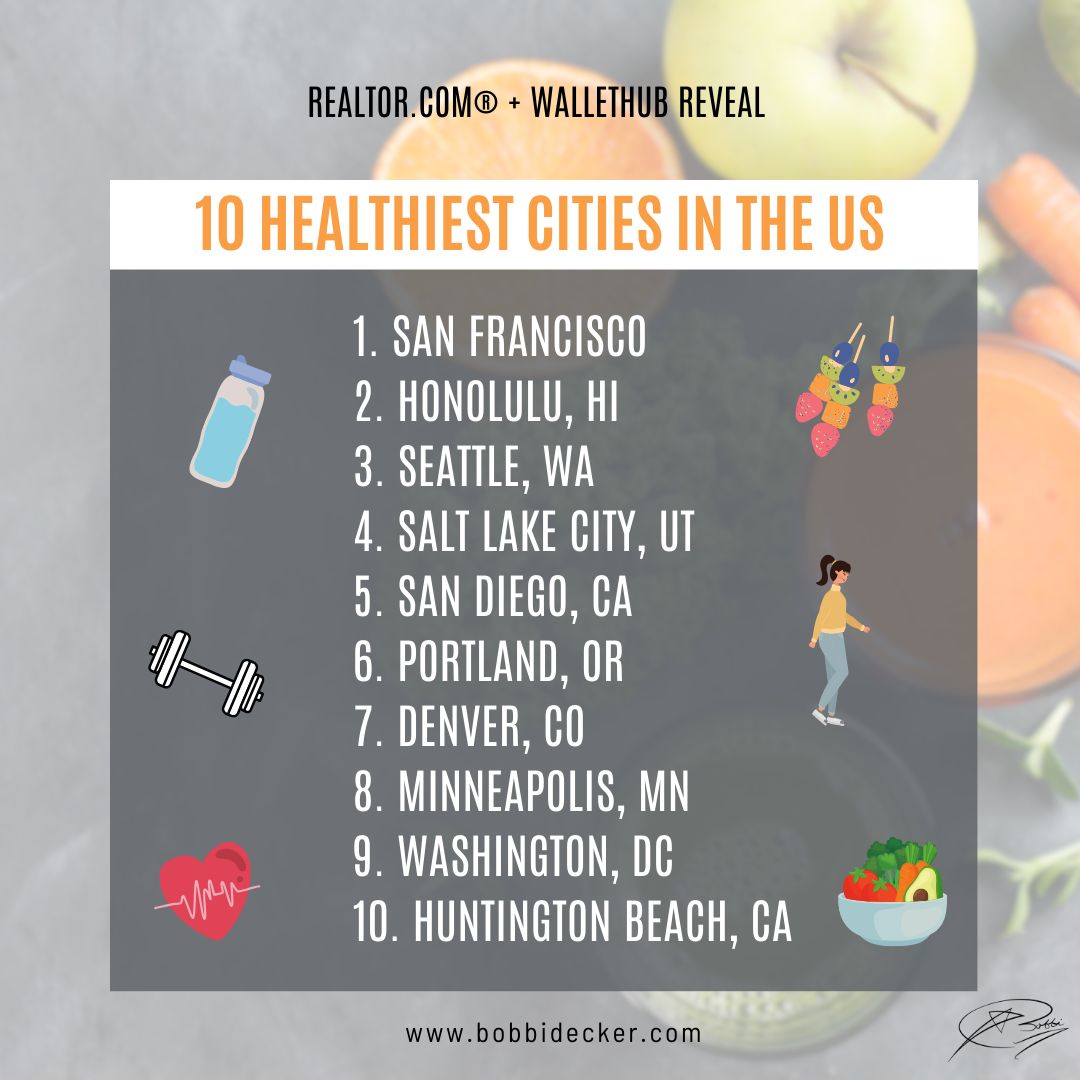Senior Spotlight: How Heart Health Changes With Age
A feature in alignment with American Heart Month!
February is a month that is all about heart – in a way that is more far more impactful than Valentine’s Day. This is American Heart Month, a time when all of us are encouraged to focus on our cardiovascular health and what we can do to improve it. Heart disease is the leading cause of death for men and women in the United States – accounting for 1 in 5 deaths in the country. Given that people aged 65 and older are much more likely to develop heart disease and related health problems, our Senior Spotlight this week is dedicated to this important topic.
How Our Hearts Change With Age
The National Institute of Health effectively explains how the structure and function of our heart changes with age.
- Aging causes changes in the heart and blood vessels.
- As you get older, your heart cannot beat as fast during physical activity or times of stress. (Note: Your resting heart rate DOES stay largely the same with age.)
- Over time, the chambers of your heart increase in size. As the heart wall thickens, the heart itself gets larger while the amount of blood a chamber can hold may decrease. This increases the risk of atrial fibrillation and stroke.
- The valves that control blood flow between the chambers of the heart become stiffer and thicker, which can create leaks or limit blood flow. The result can be fluid build-up in the lungs, legs, feet or abdomen.
- The age-related loss of flexibility in blood vessels is also what causes an increase in blood pressure for many people with age, which puts extra stress on the heart.
- Tufts University reiterates that deposits of cholesterol, known as plaque, collect on the inside of our arteries. Our bodies respond by sending white blood cells which create a ‘cap’ of muscle cells over the plaque. If this ‘cap’ ruptures, the result may be a blockage and cardiac event.
These are just a few of the ways in which your heart is impacted by the aging process. Please note this this is NOT intended as medical advice, and that you should always consult with your trusted medical team to assess your own heart health.
What Can We Do About It
While many of the age-related changes of our heart are not in our control, what we do about them is within our reach.
The simple thing you can do starting virtually right now is to… move more! See the NIH Fact Sheet on the benefits of moving more and the easiest ways to get started.
Next, the thing we all should be doing is to have our blood pressure and cholesterol levels checked regularly. With regular monitoring, your doctor can determine if your blood pressure and cholesterol are putting you at risk for heart disease, and can talk to you about dietary changes, exercise and medications to manage your health.
The last but most important thing we have time to draw attention to today is knowing the signs of a heart attack. While prevention is critical, recognizing the signs of a cardiac event can be lifesaving. Please do not wait to get help if you or someone you know is experiencing any of the following warning signs (as reported directly from the American Heart Association):
- Some heart attacks are sudden and intense. Others start slowly with mild pain or discomfort. Pay attention to your body and call 911 if you note any of the signs below.
- Chest discomfort. Most people having a heart attack feel discomfort in the center of the chest. It can last more than a few minutes, or it may go away and then return. It can feel like uncomfortable pressure, squeezing, fullness or pain.
- Discomfort in other areas of the upper body. Symptoms can include pain or discomfort in the:
o Arms (one or both)
o Back
o Neck
o Jaw
o Stomach
- Shortness of breath. This can happen with or without chest discomfort.
- Other signs. Other possible signs include:
o Breaking out in a cold sweat
o Nausea
o Rapid or irregular heartbeat
o Feeling unusually tired
o Feeling lightheaded
In addition, women may have other symptoms that are typically less associated with a heart attack, including but not limited to: anxiety, shortness of breath, upset stomach, unusual fatigue and shoulder pain.
Before American Heart Month ends (remember, February is a short month!), please take one step to improve your heart health and awareness and encourage someone you love to do the same. Nothing is more important than your health.
All my best,
Bobbi
Bobbi Decker
DRE#00607999
Broker Associate
650.346.5352 cell
650.577.3127 efax
www.bobbidecker.com
NAR Instructor….“Designations Create Distinctions”
CIPS, SRS, ABR, CRS, SRES, GRI, CLHMS, REI, AHWD, RSPS, MSLG
Bobbi Decker & Associates fully supports the principles of the Fair Housing Act and the Equal Opportunity Act. For more information, please visit: http://portal.hud.gov/











